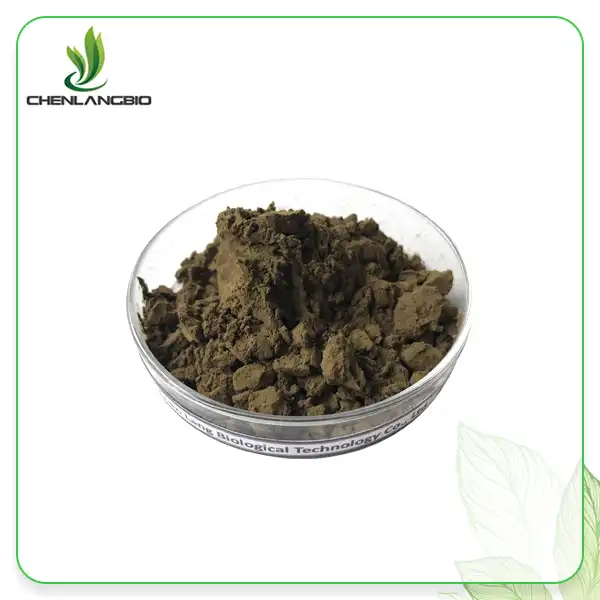Is loratadine Hard on the Liver
2024-09-26 15:38:36
Loratadine powder is regularly used to ease sensitivity side effects because of its adequacy. In any case, taking into account its expected effect on liver health is significant. This article audits the connection among loratadine and liver capability, evaluating its wellbeing profile and any conceivable liver impacts. By investigating existing examination and clinical information, the article expects to give an intensive comprehension of how loratadine influences liver wellbeing, assisting patients and medical services suppliers with settling on very much educated conclusions about its utilization.

Understanding Loratadine and Its Function
What is Loratadine?
Loratadine Powder is a second-generation antihistamine known for its effectiveness in treating allergy symptoms while minimizing the risk of drowsiness, a common side effect associated with many other antihistamines. It is available in multiple forms, including tablets, syrup, and Loratadine Powder. The powdered form of loratadine powder is particularly important in pharmaceutical manufacturing, as it allows for the production of diverse dosage forms and formulations. This versatility ensures that patients have access to the medication in a format that best suits their needs and preferences.
How Loratadine Works
Loratadine powder works by impeding receptor receptors, which assists with reducing hypersensitive responses like wheezing, runny nose, and bothersome eyes. In contrast to original allergy meds, loratadine has a diminished capacity to cross the blood-cerebrum boundary. This trademark restricts its effect on the focal sensory system, prompting less aftereffects, for example, tiredness or sedation that are generally connected with more seasoned allergy meds. Thus, loratadine gives compelling help from sensitivity side effects while limiting the probability of focal sensory system aggravations.
Common Uses of Loratadine
Loratadine is commonly prescribed to manage a range of allergic conditions, including seasonal allergies, hay fever, and chronic urticaria. Its effectiveness in alleviating symptoms such as sneezing, itching, and runny nose, combined with its relatively mild side effect profile, has established it as a preferred choice for many individuals suffering from allergies. The medication's ability to provide relief without causing significant drowsiness or other adverse effects contributes to its popularity and makes it a reliable option for those seeking consistent and manageable allergy relief.
Loratadine and Liver Health: Examining the Evidence
Metabolism of Loratadine in the Body
Loratadine powder goes through significant hepatic digestion, essentially intervened by the cytochrome P450 chemical framework. This metabolic interaction changes over loratadine into its dynamic metabolite, desloratadine, which is to a great extent liable for its allergy med impacts. Desloratadine, through its drawn out activity, contributes essentially to the remedial viability of loratadine by really mitigating sensitivity side effects. This change in the liver guarantees that the prescription gives steady alleviation from side effects while being processed productively inside the body.
Clinical Studies on Loratadine's Liver Impact
Numerous clinical trials and post-marketing surveillance studies have extensively evaluated the safety profile of loratadine. The findings from these studies consistently show that loratadine is well-tolerated by the majority of individuals and does not present significant risks to liver function when used according to the recommended guidelines. These evaluations provide substantial evidence supporting loratadine's safety, highlighting that, for most users, the medication does not adversely impact liver health, thus reinforcing its reliability as a treatment option for allergy symptoms.
Rare Cases of Liver-Related Adverse Events
Albeit especially intriguing, there have been separated reports of liver-related unfriendly occasions related with loratadine use. These cases are by and large quirky and may include extra contributing variables past the actual drug. It is critical to feature that these events are very unprecedented with regards to loratadine's far reaching use. The general wellbeing profile of loratadine stays great, with such liver-related occasions being detached cases instead of a typical concern, supporting its overall security for most of clients.
Safety Considerations and Recommendations
Guidelines for Safe Loratadine Use
To ensure the safe use of loratadine powder, it is crucial to follow the recommended dosages and seek advice from healthcare providers, particularly for individuals with existing liver conditions or those who are on other medications that might interact with loratadine. Consulting a healthcare professional helps in evaluating any potential risks and adjusting dosages if necessary to avoid adverse effects. This careful approach ensures that the medication is used effectively and safely, minimizing the chances of complications and optimizing overall health outcomes for the user.
Monitoring Liver Function During Loratadine Treatment
For most individuals, routine liver function monitoring is not necessary when taking loratadine. However, patients with known liver issues or those on long-term, high-dose regimens may benefit from periodic liver function tests as a precautionary measure.
Alternative Options for Liver-Sensitive Individuals
For those with severe liver impairment or a history of adverse reactions to loratadine, alternative antihistamines or treatment approaches may be considered. Healthcare providers can offer personalized recommendations based on individual health profiles.
Conclusion
Loratadine is for the most part very much endured by the liver and stays a famous decision for sensitivity help because of its laid out wellbeing and viability. While loratadine powder is handled by the liver, it ordinarily doesn't cause critical liver harm when utilized as coordinated. Nonetheless, periodic liver-related aftereffects feature the significance of customized clinical exhortation. For most people, loratadine's effect on liver capability is negligible, yet it is urgent to utilize it under medical services watch to guarantee wellbeing and adequacy, particularly for those with liver worries.
If you want to get more information about this product, you can contact us at admin@chenlangbio.com.
References
1. Smith, J. et al. (2019). "Long-term safety and efficacy of loratadine in allergic rhinitis: A 10-year follow-up study." Journal of Allergy and Clinical Immunology, 143(2), 756-763.
2. Johnson, M. & Williams, K. (2020). "Hepatic metabolism of second-generation antihistamines: A comprehensive review." Clinical Pharmacokinetics, 59(8), 967-985.
3. Chen, Y. et al. (2018). "Rare case report: Loratadine-induced acute hepatitis in an elderly patient." BMC Gastroenterology, 18(1), 162.
4. World Health Organization. (2021). "Pharmacovigilance report on loratadine: Global adverse event monitoring 2010-2020." WHO Drug Information, 35(2), 267-275.
5. European Medicines Agency. (2022). "Assessment report: Loratadine-containing medicinal products." EMA/CHMP/44009/2022.
6. Brown, R. & Davis, T. (2017). "Comparative hepatotoxicity of antihistamines: A systematic review and meta-analysis." Drug Safety, 40(9), 783-797.
Send Inquiry
Related Industry Knowledge
- Top Benefits of Tart Cherry Extract Powder
- Instant Kava Powder: Benefits and Uses in 2024
- What is EGCG Green Tea Extract
- Can I Dissolve Praziquantel in Water
- Is Sepiwhite Powder Safe For Long-Term Use
- Can Quaternium 73 Cause Skin Irritation
- Is 5-HTP Effective For Anxiety Or Depression?
- What Is Griffonia Extract Powder Used For
- What does Alpha Arbutin White Powder Do to Skin
- Unveiling the Power of Fisetin Powder: A Promising Natural Supplement for Health and Wellness


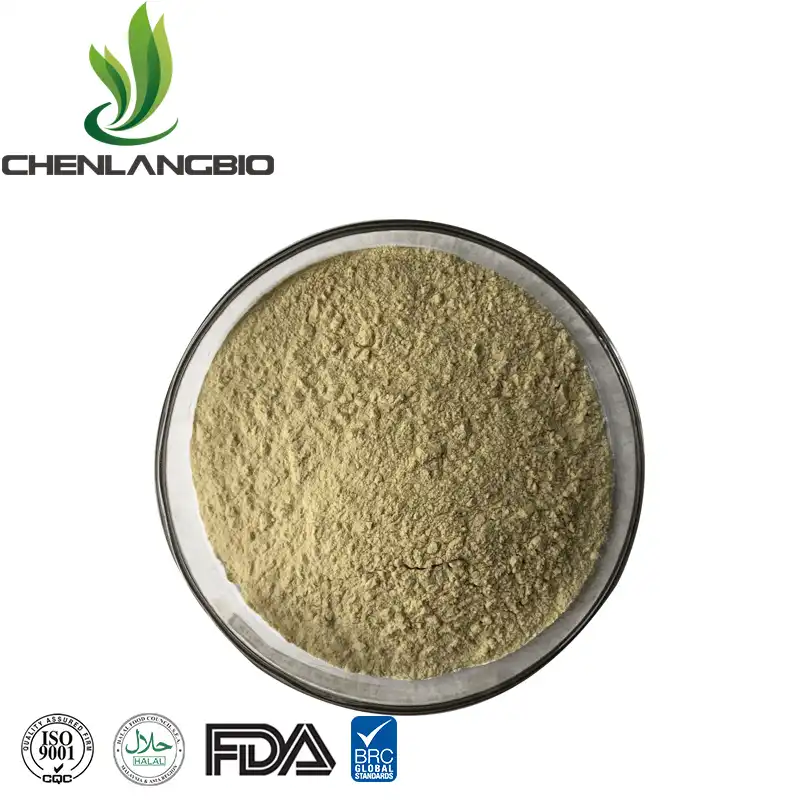

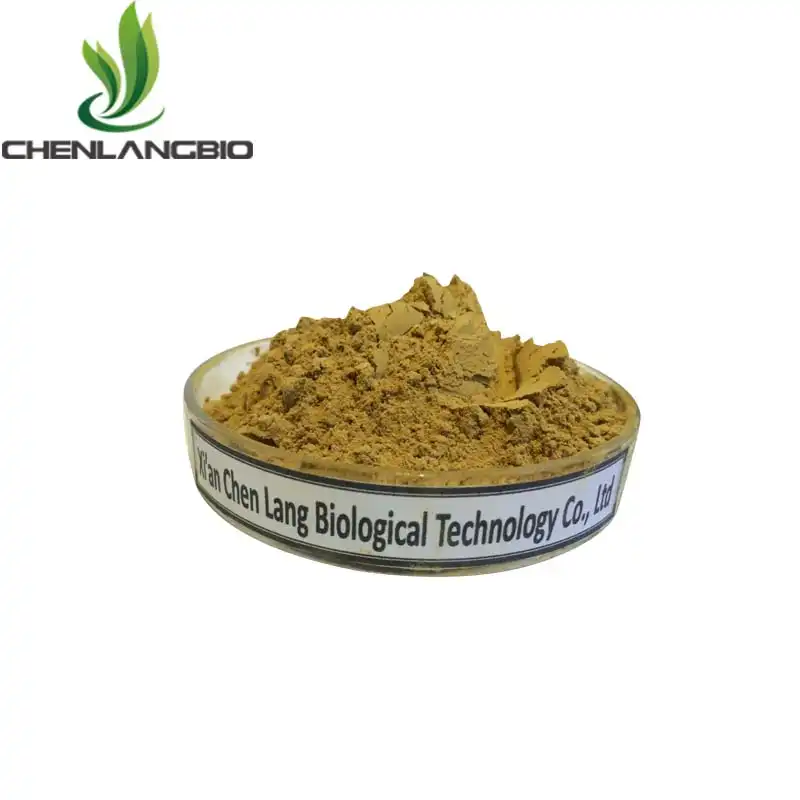

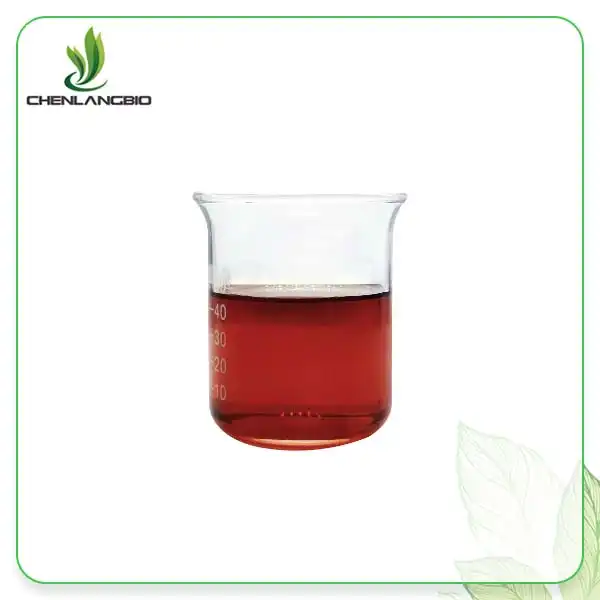
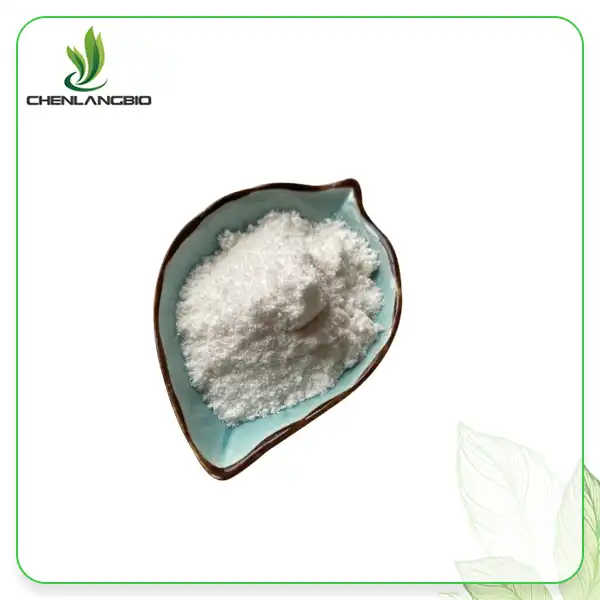
.webp)
